The Idoma naming ceremony is a ceremony performed to usher in a new baby to the world. Idoma is one of the languages in Benue State, Nigeria. It is the second majority language spoken in Benue in north-central Nigeria. Also, the second-largest ethnic group in Benue State.
In terms of culture, Idoma has a diverse range of traditions. In their traditional dress, the Idoma use two primary colours: red and black. The red represents monarchy, while the black represents the soil and burial shrouds.
The Idoma people occupy nine (9) local government areas out of the 23 local governments, the Idoma local government includes Ado, Agatu, Apa, Obi, Ohimni, Ogbadibo, Oju, Okpokwu, and Otukpo local government areas. Idoma has a very large population of about 3 million people.
The people of Idoma have a traditional ruler called Och’idoma, who handles the affairs of the Idoma people. The Idoma people are unique in terms of their culture and traditions. Therefore, I will be sharing with you the unique way in which the Idoma naming ceremony is carried out.
Idoma Naming Ceremony
A naming ceremony is a process of assigning a name to a child who has just been born. It is usually performed to welcome a new child into a family.
Idoma naming ceremony is a postnatal event that is customarily held after a child is delivered, much as it is in other cultures. It however differs from the naming ceremony in Hausaland.
The birth of a child into an Idoma family is a thing of joy as the entire family is excited most importantly, giving glory to God for the gift of life and the sound delivery of the baby. Therefore, they don’t hesitate in celebrating the baby and the mother in an event known as the naming ceremony.
However, this procedure can be influenced by the religion of the parents, traditional worshipers or Christian worshipers, and others. Furthermore, the Idoma naming ceremony is usually carried out on the seventh day of a child’s birth.
The Necessary Procedure for Naming a Child in Idoma
This process has been in existence right from the beginning. Let’s take a look at them:
Step 1: A time is set on the seventh day for the child’s birth if both parents find it convenient for them. But it’s optional, so it can be on the seventh, twelfth, or fourteenth day after the child’s birth, but originally, it is best done after seven days.
Step 2: All family members are invited from both parents, likewise well-wishers, and friends. Furthermore, the women amongst the guests usually make a certain sound as soon as the child is brought out for the naming ceremony.
Step 3: A prayer is said before the entire process begins. It’s said depending on the religious beliefs of the parents.
Step 4: Worship will be ascribed to God by an individual according to their religious beliefs.
Step 5: Both the mother and father are asked to speak, after which the naming proper begins.
Step 6: An elder or a pastor depending on their religion takes the baby and asks the people in attendance to say a collective prayer for the child – praises, and prayers are offered for the blessing of a newborn baby.
Step 7: Afterwards the name of the child is called out, which is chosen based on the agreement of the father and mother. Both parents express their love and commitment to their child, recognize the role of family and friends, and express hope for their child’s future.
Step 8: Palm oil will be brought closer to the baby, after which a drop will be put in the baby’s mouth and everyone present will taste the oil, as a sign of blessing for the baby. After that, the celebration begins, which means dancing and eating, followed by receiving gifts from well-wishers.
Step 9: Finally, everyone who took part in the naming ceremony is rubbed with white powder.
However, on that day of the naming ceremony, the child is expected to be circumcised if he is a male, and the ears of the female are pierced (optional). Oftentimes, this is done in the early hours of the day before the naming ceremony properly begins.
Essentially, the ideas for the Idoma naming ceremony are tailored to the religion of the parents. Unless the parents are deeply religious or culturally inclined, it is not surprising that some parents name their baby at the time of birth.
Perhaps, you’re unsure of what name to give to your child, check out the names below and their meanings for both masculine (males) and female (feminine).
Native Idoma Male Names and Their English Meaning
1. Ameh: A strong man/ Man of wisdom.
2. Akum: My own
3. Adole: Father of the house
4. Adokole: The man of the house
5: Abahi: Someone born with a silver spoon
Native Idoma Female Names and Their English Meaning
6. Ada: First daughter
7. Ene: Mother
8. Enayi: Mother of Children
9. Ehi: Gift
10. Enuwa: Their mother
Conclusion
The Idoma people’s mode of naming a child isn’t complicated but very easy. Also, you don’t have to gather a crowd before the naming ceremony is valid. Therefore, it’s within an affordable budget of how much it costs to raise a child in northern Nigeria.
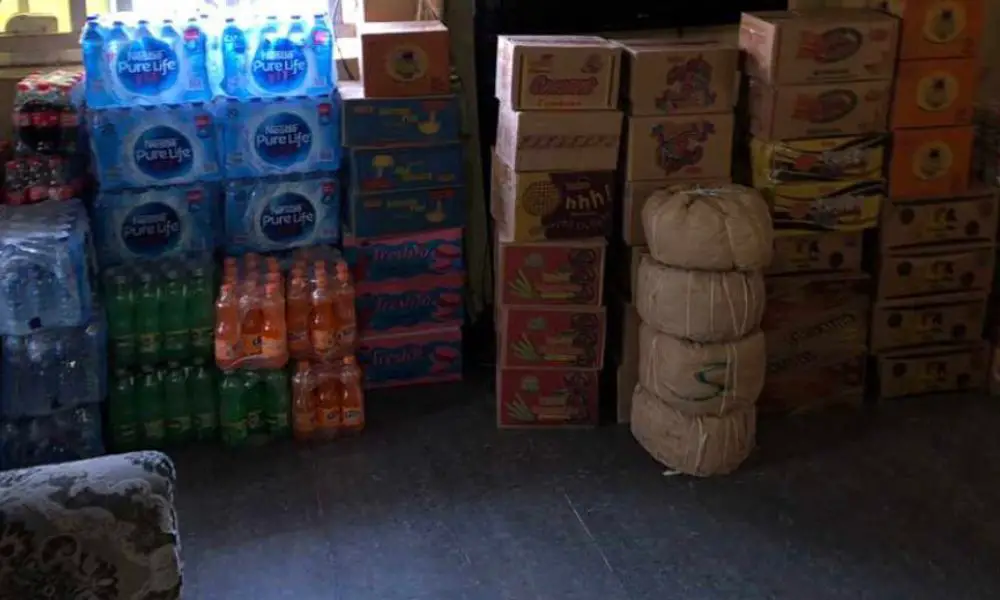

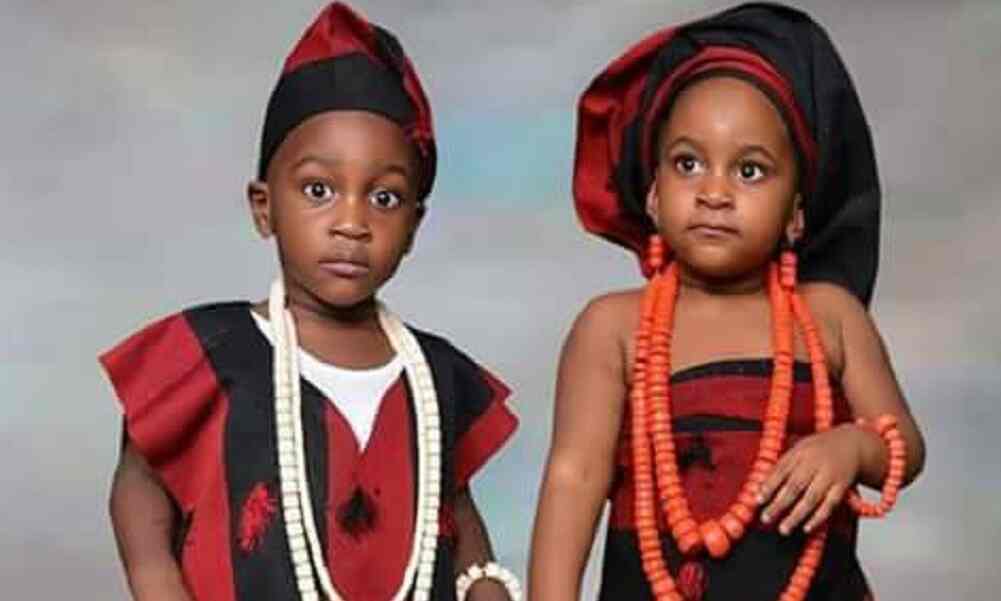
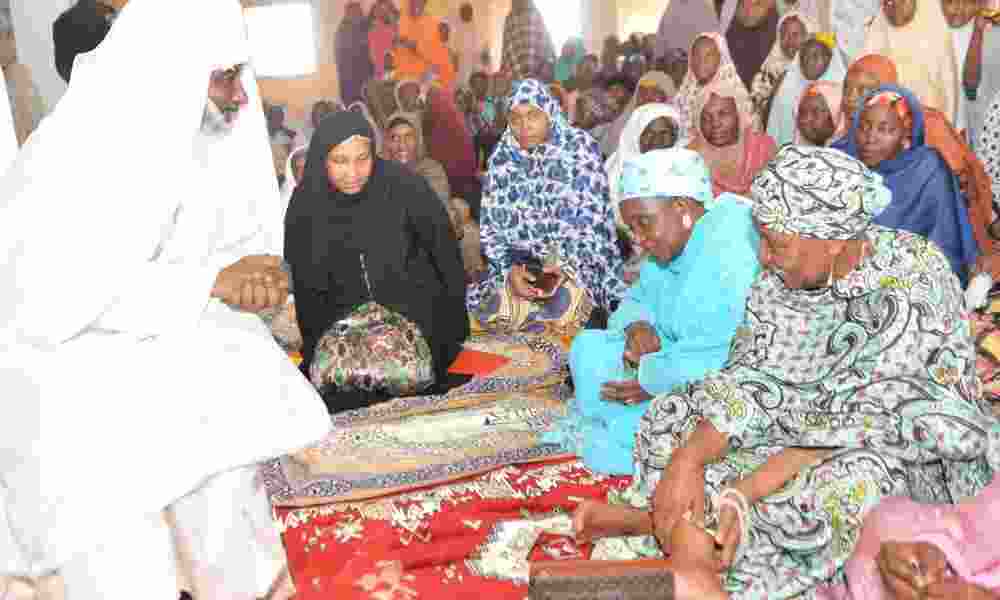
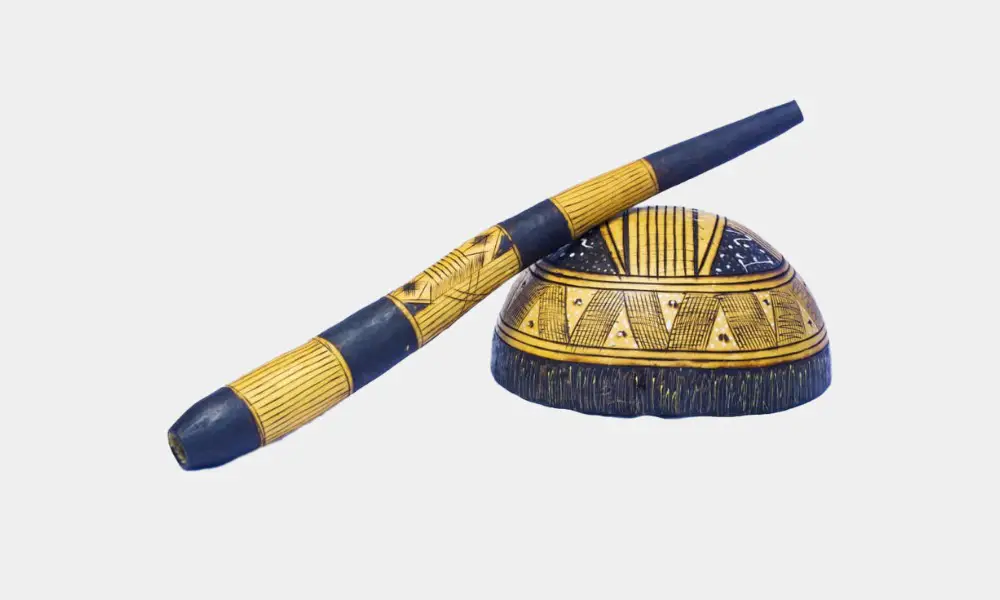
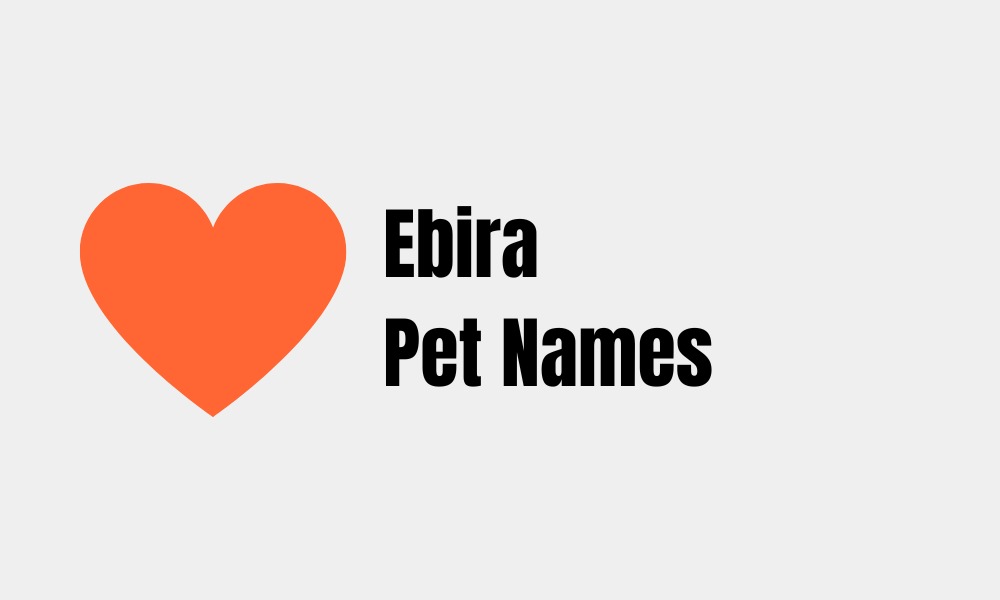



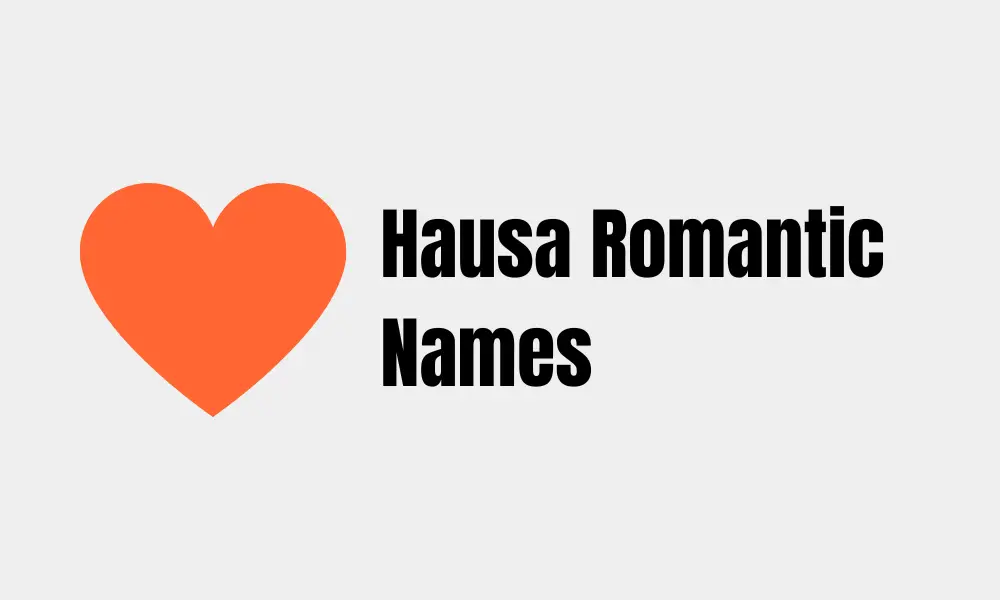
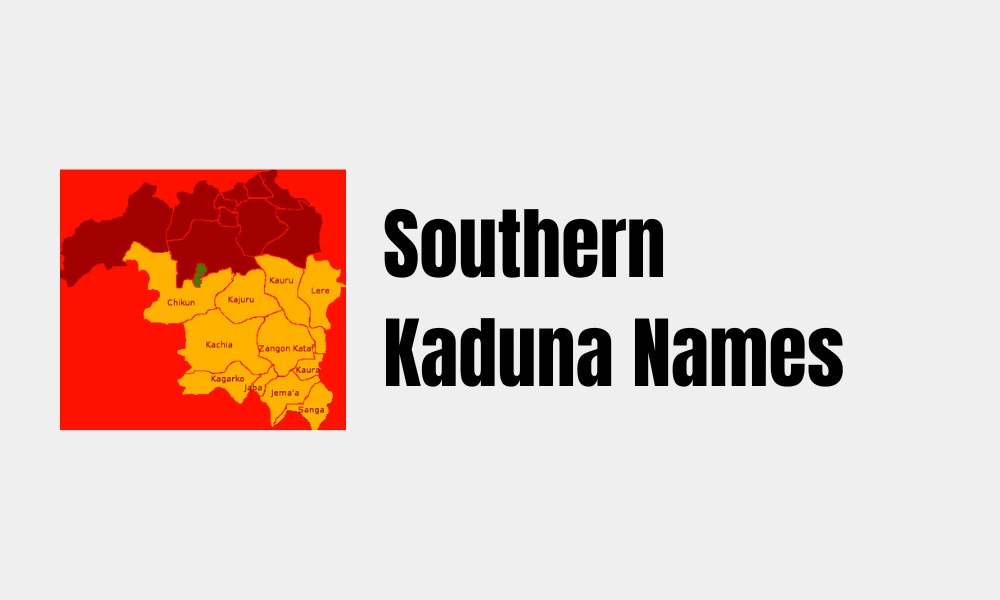

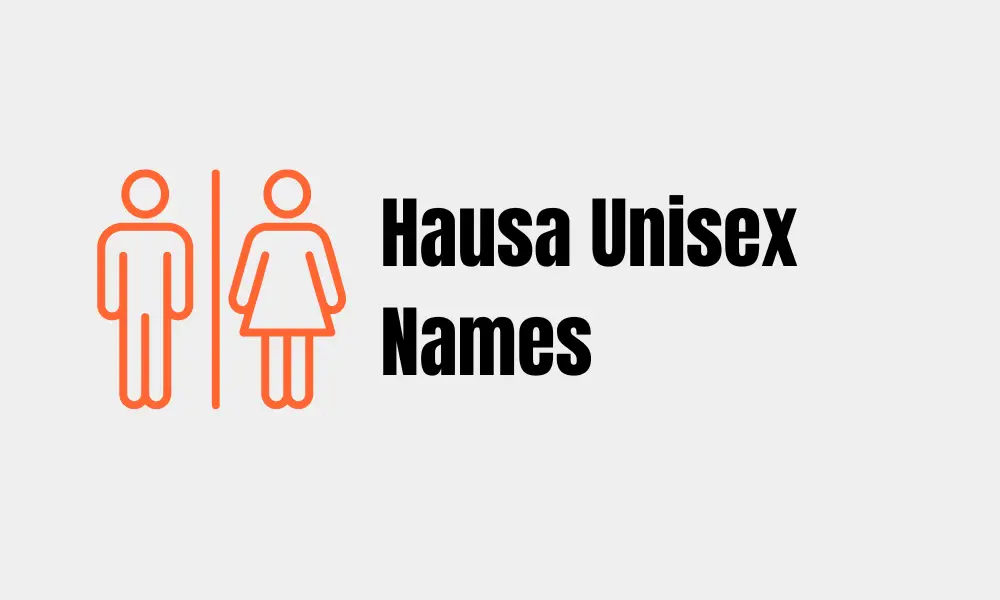
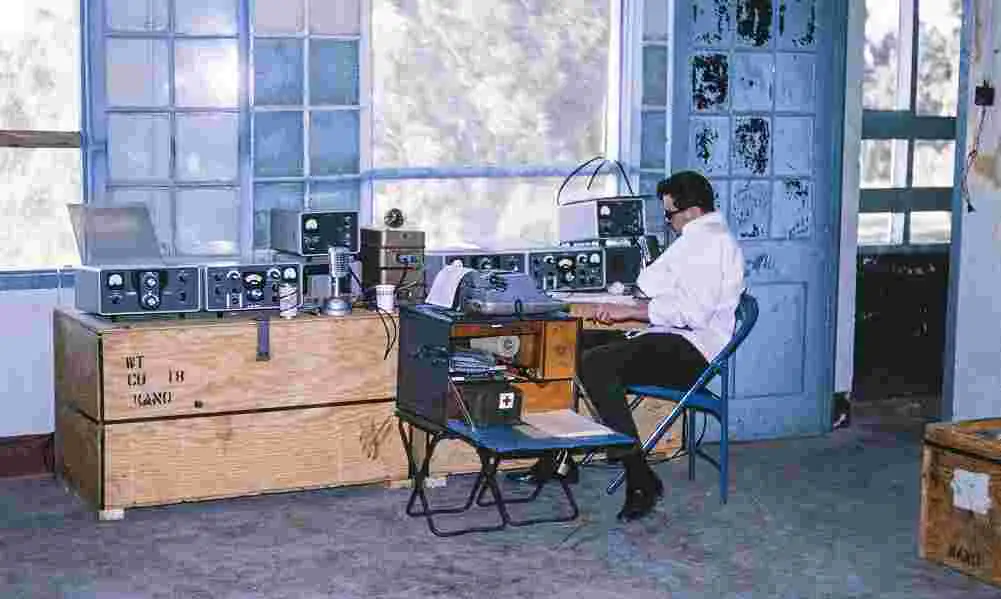
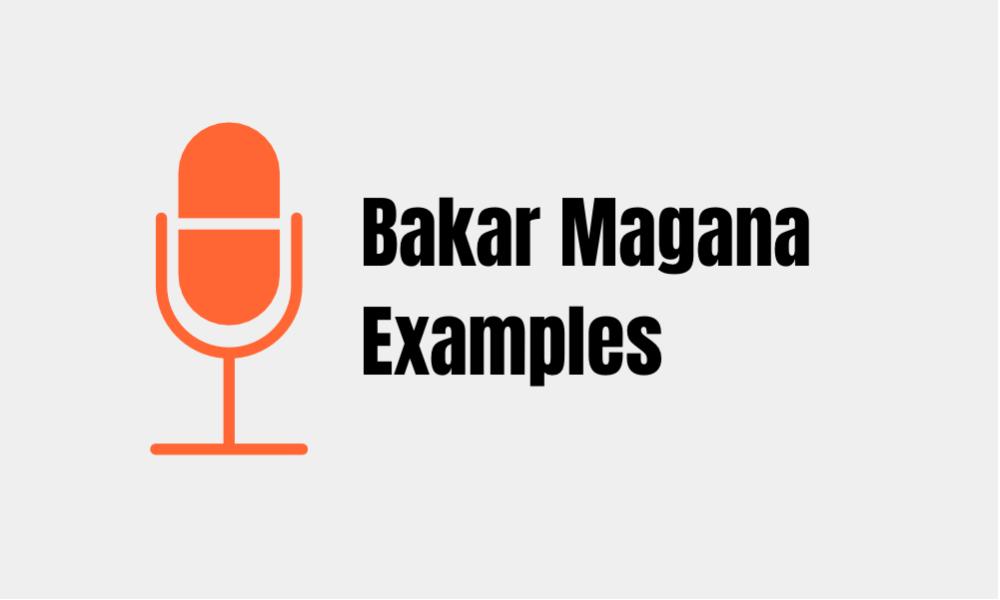
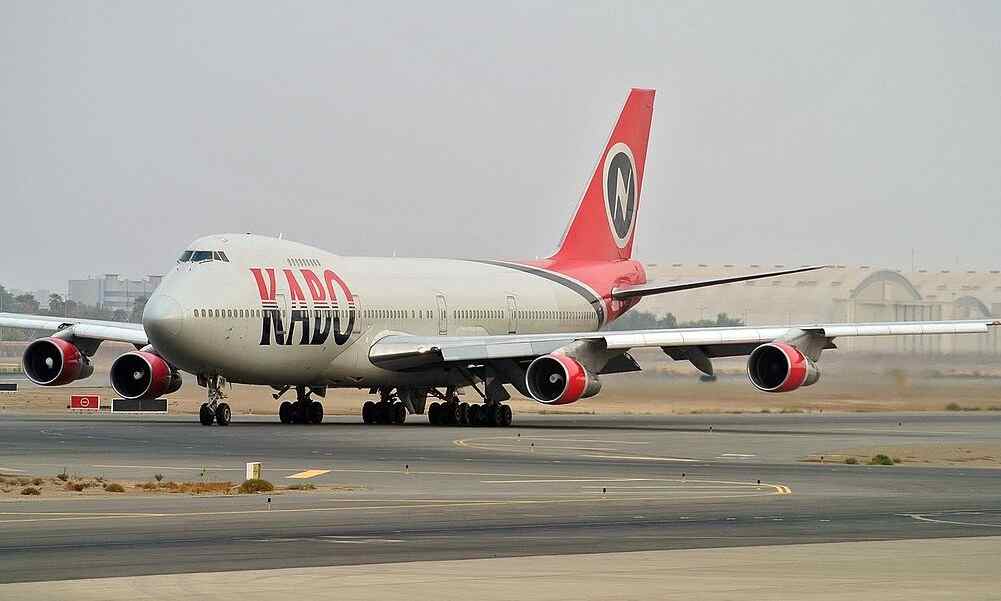
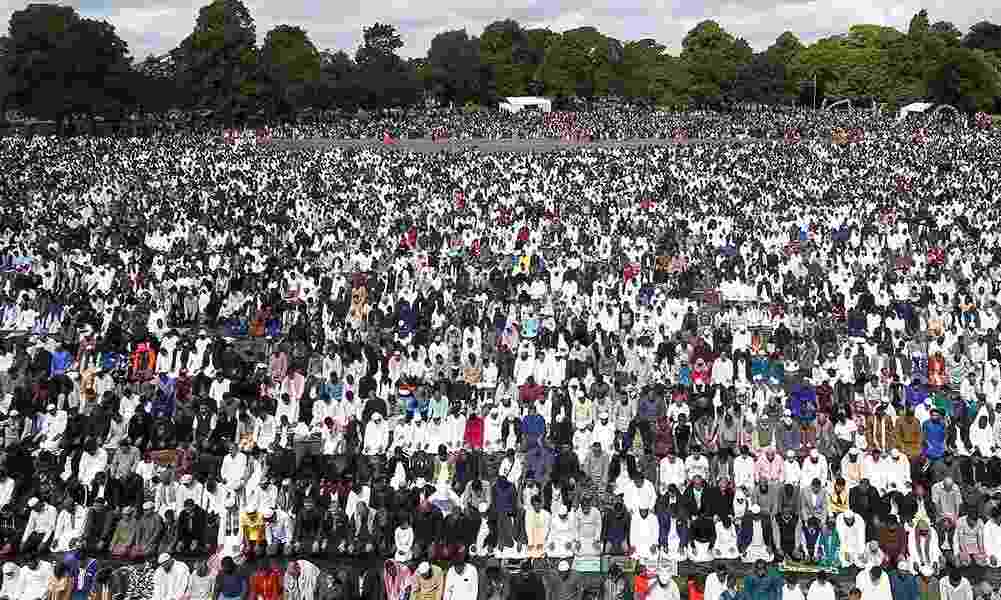
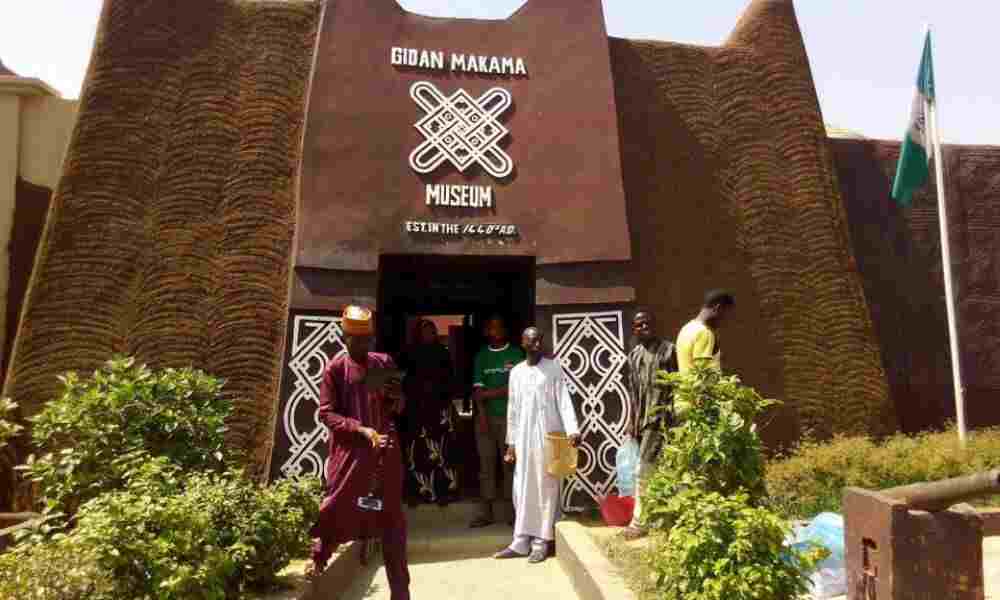
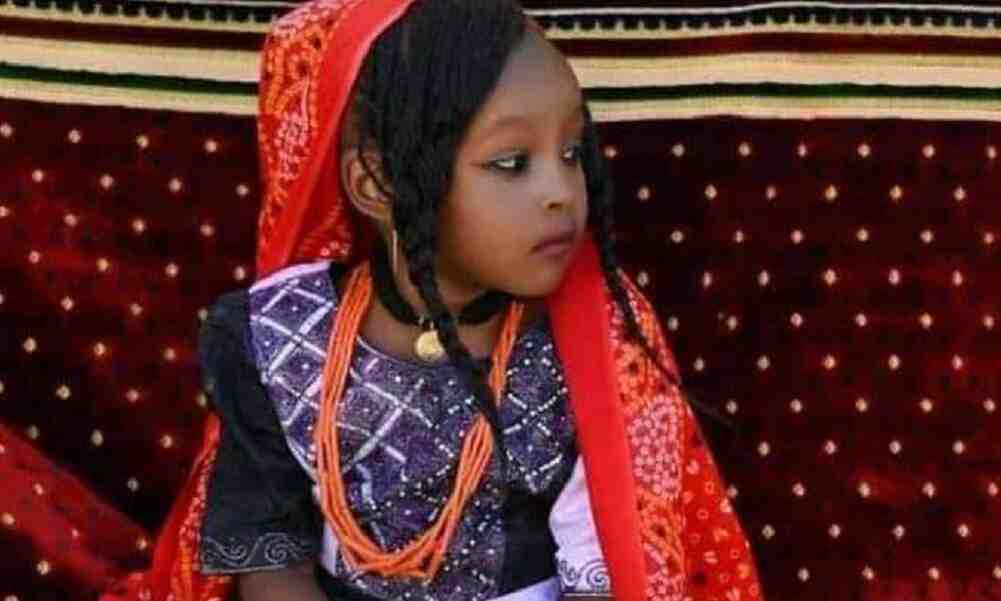
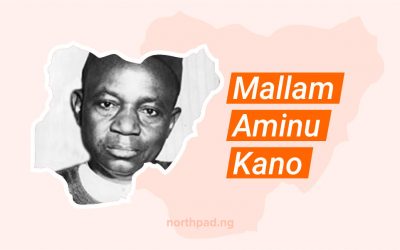
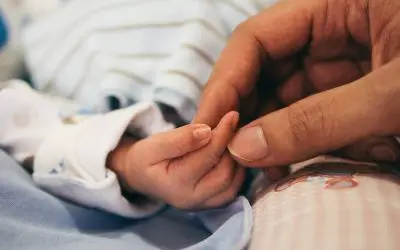
0 Comments